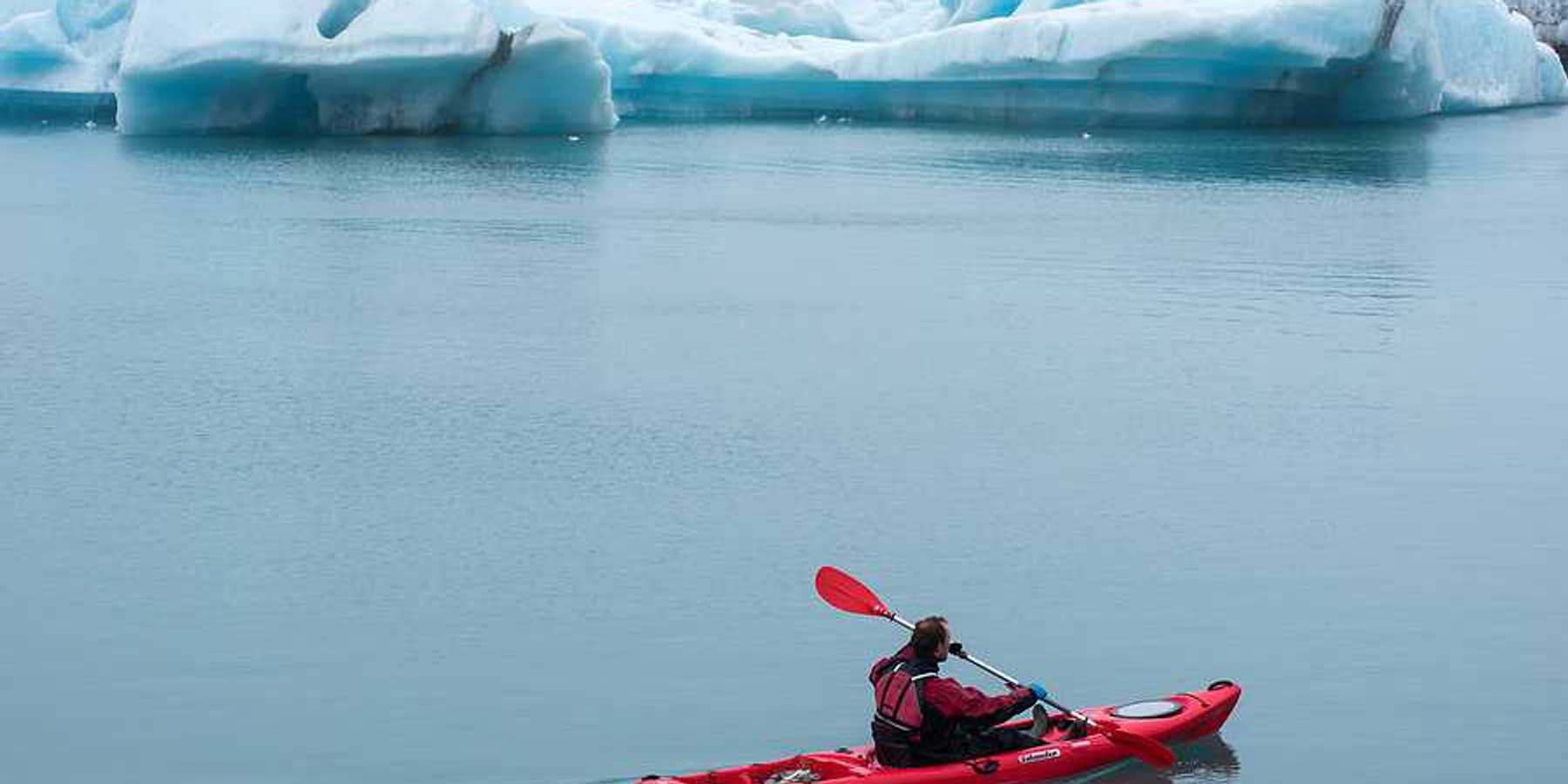Peter Dykstra: There's plenty of environmental coverage — if you like misleading ads
Apparently the environment exists solely to make us rich, make us healthy, or kill us.
I spent nearly 20 years cashing paychecks from commercial TV, vainly hoping for the day when our environment would be front and center.
It would seem that day is here.
But it’s nothing like I imagined: It’s in ad breaks, where nature awaits in abundance to make us rich, or make us healthy, or kill us. Let me count the ways.- Gold: Hollywood geezers like William Devane pitch us in TV ads on gold, an investment so safe it’s been locked underground for eons. Gold, we’re told, is a hedge against global instability. By the way, modern gold mining often employs cyanide to leach out gold flakes.
- Glyphosate: Following a blockbuster $275 million jury verdict in a 2019 case involving a gardener’s health claims, trial lawyers’ interest grew from a flock to a swarm. Much larger class action suits with potential payouts in the billions emerged. Broadcasters and website operators as a rule don’t disclose ad sales figures, but the American Tort Reform Association says glyphosate law firms have spent $131 million on 625,000 ads since 2015.
- Mesothelioma: At an estimated 3,000 new U.S. cases per year, the disease may actually have fewer actual cases than it has those ubiquitous TV ads about it. For years, viewers have heard a mournful voice pushing the free info at www.mesobook.com on this asbestos-related ailment. While the law firm Maune Raichle Hartley French & Mudd distributes the book and promises that meso cases are “all we do,” quite a few other big firms take meso clients as well.
- Talc: The link of talc – a.k.a. good ol’ baby powder — to asbestos-related diseases has spawned its own frenzy of whiplash-lawyer ads.
- Camp LeJeune: The sprawling North Carolina Marine training base fed contaminated water to its troops, support staff and neighbors for more than 30 years. When President Biden signed a bill offering more than $2 billion in settlement funds for victims in August, trial lawyers went on an advertising rampage, reportedly buying at least $45 million in local and late night TV time to pitch their services for contamination cases
- Oil: But the real money may be in not how much harm exists in lawyers touting the risks in some pesticide and cosmetics products, but in petrochemical makers telling us that they’re really good citizens after all. The trade group American Petroleum Institute and Big Oil firms shower news and public affairs shows with ads about their clean energy efforts. Drexel University Professor Emeritus Bob Brulle has estimated that the transfer of money from Big Oil to Big Broadcast is “in the billions” over the years.
This month the airwaves are extra-rotten with cash from both political parties. Few of these ads discuss broad visions or aspirations. They overwhelmingly focus on opponents’ moral failings, leaving viewers to conclude that both major parties are hopelessly corrupt. And while there may be a large element of truth to this, it doesn’t leave many of us hopeful that we’re up to tackling climate change any time soon.
And those ads reporting staggering winnings for a few victims of mesothelioma or glyphosate? Those funds are often diverted to pay trial expenses and attorney fees of 40% or more of the judgement.
And who walks away clean from all of this? The broadcasters and web operators who sell the airtime and webspace for those billions of dollars.
Peter Dykstra is our weekend editor and columnist and can be reached at pdykstra@ehn.org or @pdykstra.
His views do not necessarily represent those of Environmental Health News, The Daily Climate, or publisher Environmental Health Sciences.













